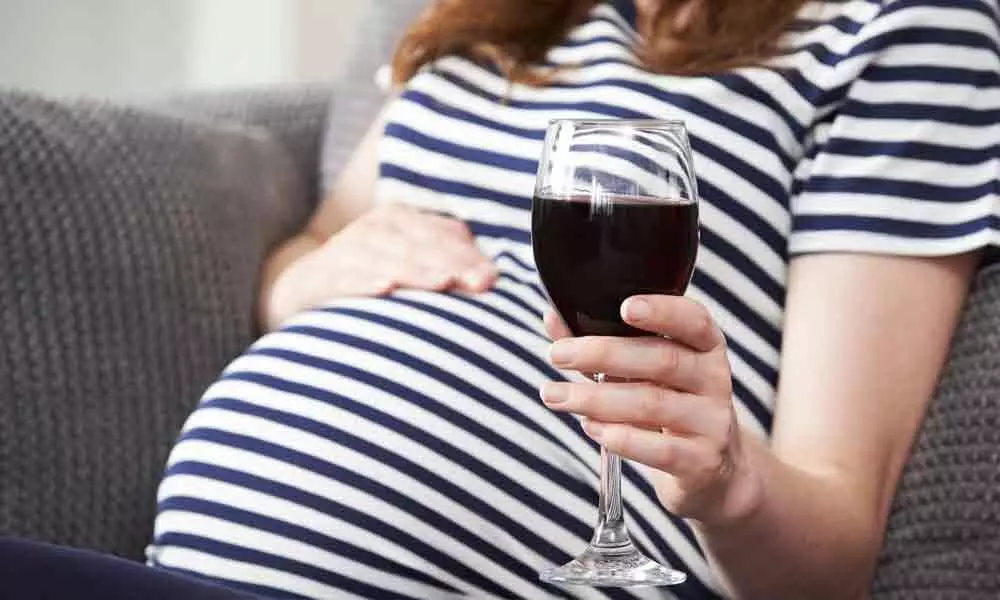Even low alcohol use during pregnancy bad for child's brain: Study

Researchers have found that even low levels of alcohol consumption during pregnancy can have an impact on a child's brain development.
Sydney: Researchers have found that even low levels of alcohol consumption during pregnancy can have an impact on a child's brain development.
The study, published in the American Journal of Psychiatry, said that it is also associated with greater psychological and behavioural problems in youth including anxiety, depression and poor attention.
"Our research found that even small amounts of alcohol consumed while pregnant can have a significant impact on a child's brain development," said study lead author Briana Lees from the University of Sydney in Australia.
For the findings, the researchers investigated whether any alcohol consumption in pregnancy was related to psychological, behavioural, neural and cognitive differences in children aged nine to ten years.
With a sample of 9,719 youth, this is the largest study to investigate the impact of low-level alcohol use during pregnancy.
Low levels of drinking were considered one to two drinks per occasion with a maximum of six drinks per week.
In the study, 25 per cent of children had been exposed to alcohol in utero (in the womb), 60 per cent of these children had been exposed to low-level alcohol use, and 40 per cent had been exposed to heavier levels.
Heavier exposure being three or more drinks per occasion or seven or more drinks per week.
Children who were exposed to low levels of alcohol in-utero at any time during pregnancy experienced more psychological/emotional problems (including anxiety, depression and being withdrawn) and behavioural problems (including poor attention and being impulsive) than unexposed children.
There was a 25 per cent increased likelihood of an attention deficit hyperactivity disorder (ADHD) diagnosis in children who were exposed to slightly heavier levels of alcohol (approximately 36 drinks) in the first 6-7 weeks of pregnancy.
Heavier alcohol use during early pregnancy was also associated with rule-breaking behaviour and aggression, with a 30 per cent higher risk of the child being diagnosed with the oppositional defiant disorder than unexposed youth.
"Generally, the more a child was exposed to alcohol in utero the more severe the outcomes were," Lees said.
"This research highlights the importance for women to be aware of the effects that even low levels of drinking can have on the brain development of babies," she said.








